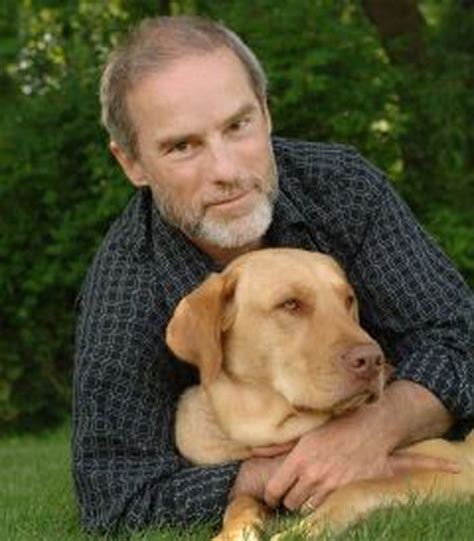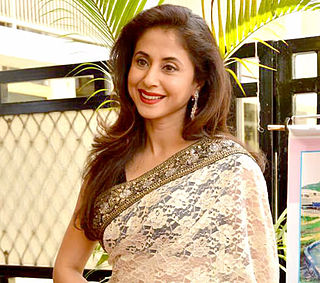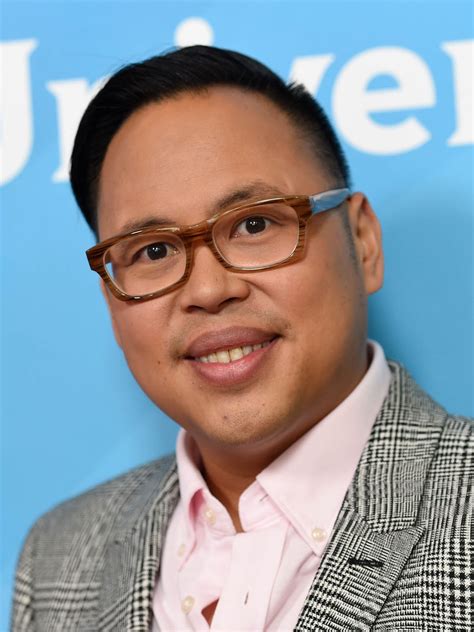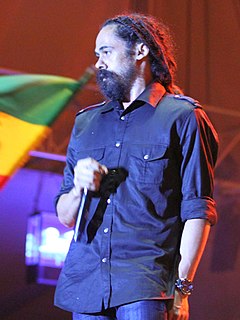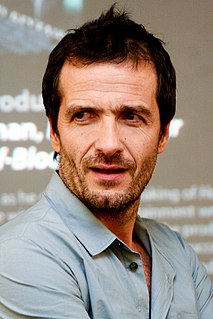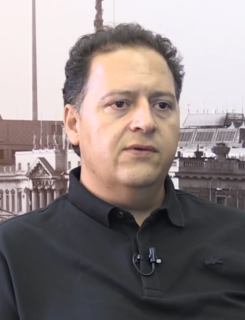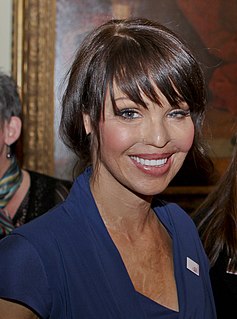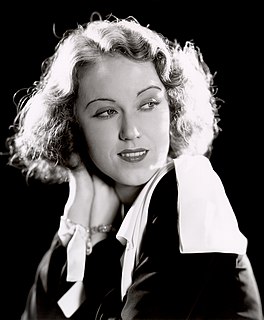A Quote by John Grogan
'Marley and Me' was a book I was proud of and believed in, but I thought it would just have a modest audience because it is such a personal story about my marriage and my family.
Related Quotes
Anne Wiazemsky wrote two books about her life with Jean-Luc Godard between 1966 and 1969. And I first read the second one, which is about the fall of their love story and their marriage. I immediately thought there was a movie to make with this book because it was so funny, and I thought the love story was very, very touching.
[It] was written and sold. I knew it was a strong story because I cared about it and believed in it. I had no idea that it would have the effect it had on the audience. While most people ignored it, of course, and continue to live full and happy lives without reading it or anything else by me, there was still a surprisingly large group who responded to the story with some fervency.
For me, it's sad to say, but I would probably have a spiritual marriage but not a legal marriage, because I think so much about marriage starts to become about finances. It has nothing to do with God or feelings or the romantic side of marriage. It's about who owns what, who gets what? So what's the point?
Think that you are part of a big construction called science and you are not just a chemist but you are scientist. Be modest but proud. Modest because you know you will not be able to solve other problems because your life is too short. But be proud because you are contributing to it. Some people will bring a small stone to the building and some people will bring a big one but nevertheless no one can take that stone away from you.
I wrote this book [ Desperate Marriages] because of my own marriage. My wife and I struggled greatly in the early years of marriage. In spite of the fact that we were Christians before we got married, we prayed about getting married, we believed it was God's will for us to get married, and we still had great struggles.
To achieve the intimacy between performer and audience in storytelling, I feel like I have to let the audience in on my emotional state, not just, "Here's a story I'm going to tell by rote, and you're just going to listen to it, because I'm such a wonderfully entertaining fellow." It's the idea of sharing enough of myself that it's not just all about, "Look at me, look at me." There's an element to it of, "You understand what I'm talking about, right? You've been in this place that I've been in," which makes it a richer experience.
